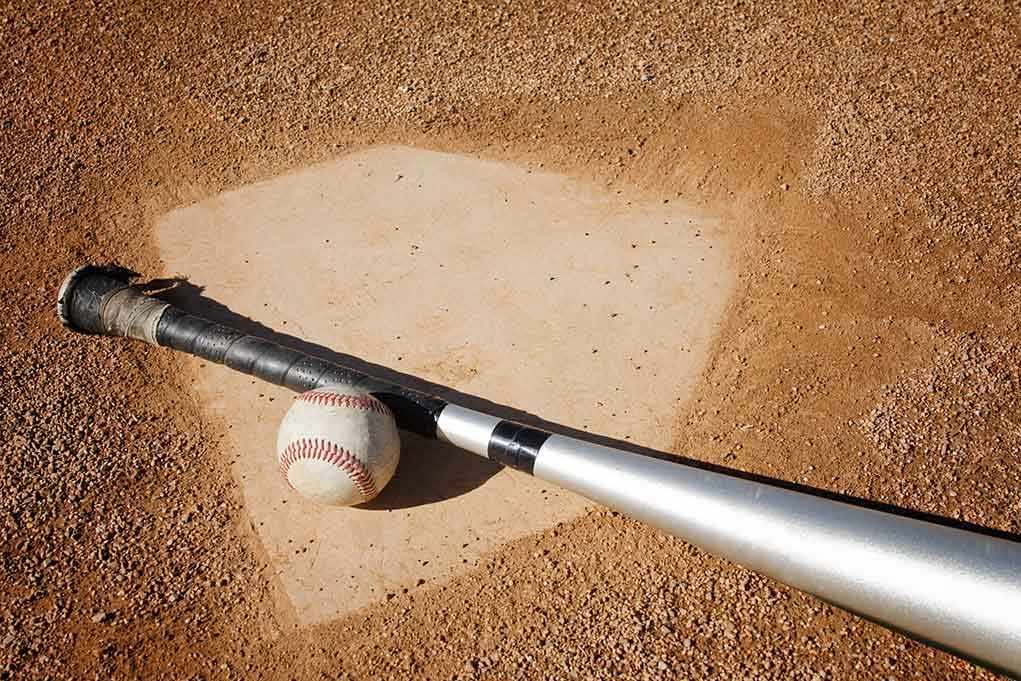
Young Venezuelan athletes, who fought their way to the world stage, are now benched—not by a rival team, but by a U.S. government policy that unfortunately keeps them out of America. This is sad, shouldn’t there be a way around this?
At a Glance
- The Venezuelan Cacique Mara Little League team was denied U.S. travel visas and cannot compete in the 2025 Senior League Baseball World Series.
- Visa denial is part of revived travel restrictions under President Trump’s immigration policy, citing national security and border control.
- The Mexican runner-up team replaces Venezuela in the tournament, drawing international attention to U.S. immigration enforcement.
- Frustration and disappointment ripple through the global Little League community, with families and young athletes caught in the crossfire.
Visa Denial Leaves Venezuelan Champions in Limbo
America’s game, but not for everyone. Cacique Mara, a team of young ballplayers from Maracaibo, Venezuela, earned their ticket to the Senior League Baseball World Series the hard way—by winning the Latin American championship. After traveling to Bogotá, Colombia, to apply for U.S. visas (since our embassy in Venezuela isn’t even issuing them), they got the door slammed in their faces just before the tournament. The culprit? The U.S. government’s revived travel ban, now back in force, supposedly for national security. Meanwhile, law-abiding kids with dreams are locked out for seemingly no good reason.
Little League International confirmed the heartbreaking news: the boys from Venezuela will not be suiting up in Easley, South Carolina, when the first pitch is thrown. Their place will be taken by the runner-up team from Mexico, Santa Maria de Aguayo. It’s a gut punch for the kids, their families, and the fans who wanted to see the best compete—no politics, just baseball. But that’s not how things work anymore, is it?
Policy Over People: The Impact of the Travel Ban on Sports
The U.S. travel restrictions that blocked Cacique Mara are part of a sweeping series of immigration reforms rolled out since President Trump’s return to office. These policies aim to crack down on illegal immigration, prioritize national security, and, yes, restrict travel from certain countries—including Venezuela. The administration’s measures have included everything from expedited deportations to slashing humanitarian programs and suspending refugee admissions. The Cacique Mara team just became the latest collateral damage in this war on chaos at the border. Their coaches and families, left stranded in Bogotá, called the decision a “mockery,” asking, “What do we do with so much injustice, what do we do with the pain that was caused to our children?”
But here’s the kicker: the U.S. government holds all the cards. Little League International, the global body overseeing the tournament, can advocate for fairness but has zero say when the State Department decides who gets a visa. No appeals, no second chances—just a cold bureaucratic “no” and a shattered dream. This isn’t just about one team; it’s about a system where security trumps common sense and the spirit of international youth sports gets left in the dust.
Winners, Losers, and a Question of Values
The immediate losers are the Venezuelan players, who miss out on a once-in-a-lifetime chance to represent their country on the world stage. Their exclusion also robs the tournament of competitive diversity, something that has always made youth sports in America great. The broader impact goes far beyond the dugout. Venezuelan youth coaches and athletes may think twice about investing in programs that lead to dead ends. Families who scrimped and saved for this moment now face the bitter reality that politics, not performance, decides who gets to play.
Let’s not pretend this is some isolated glitch. Other teams from countries under travel bans, like Cuba’s women’s volleyball team, have faced the same brick wall. The message is loud and clear: the U.S. will host the world—unless your country is on the wrong list. Where is the common sense or fairness in that?
Expert Voices and a Deepening Divide
Sports analysts and youth advocates are sounding the alarm about the damage done to young athletes’ morale and development. Academic experts point out that blanket travel bans disrupt people-to-people exchanges that build goodwill—one of the last places where politics used to take a back seat. Critics of these policies argue that kids shouldn’t pay the price for the failures of adults and governments. Supporters counter that national security must come first, but there’s no denying the fallout: more barriers, less opportunity, and a global reputation for closed doors.
The facts are clear—this isn’t about just one team. It’s about the message America sends to the world. If you’re a hardworking kid who follows the rules, don’t expect a level playing field. But if you’re looking to sneak in, it’s a different ballgame entirely. What kind of example are we setting for the next generation, both here and abroad?




